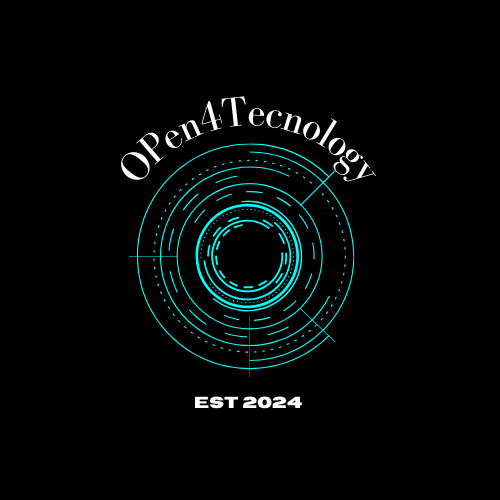Exploring Applied Industrial Technologies: Innovations Shaping the Future
In today's fast-paced world, industrial technologies play a crucial role in shaping the way we work, produce goods, and interact with our environment. From advanced robotics to smart manufacturing processes, applied industrial technologies are revolutionizing industries across the globe. Let's dive into the fascinating world of applied industrial technologies and discover how they're transforming the future.
1. What are Applied Industrial Technologies?
Applied industrial technologies encompass a wide range of tools, systems, and processes used in various industries to streamline operations, increase efficiency, and improve outcomes. These technologies often involve the application of scientific principles and engineering concepts to solve real-world problems and optimize production processes.
 |
| Industrial Technologies |
2. The Impact of Automation
Automation is one of the key pillars of applied industrial technologies. By leveraging robotics, artificial intelligence, and machine learning, industries can automate repetitive tasks, enhance precision, and reduce human error. From automated assembly lines in manufacturing plants to robotic arms in warehouses, automation is revolutionizing the way we produce goods and deliver services.
3. Advancements in Smart Manufacturing
Smart manufacturing represents the integration of cutting-edge technologies to create interconnected and intelligent production systems. Through the use of sensors, data analytics, and the Internet of Things (IoT), manufacturers can monitor and optimize every aspect of the production process in real time. This not only improves efficiency and quality but also enables predictive maintenance and resource optimization.
 |
| Advancements in Smart Manufacturing |
4. Sustainable Solutions
In an era of increasing environmental awareness, applied industrial technologies are also driving sustainability initiatives across industries. From energy-efficient manufacturing processes to waste reduction strategies, companies are harnessing innovative technologies to minimize their environmental footprint and promote sustainable practices. This not only benefits the planet but also enhances corporate reputation and profitability.
5. The Role of Artificial Intelligence
Artificial intelligence (AI) is revolutionizing applied industrial technologies by enabling machines to learn from data, adapt to changing conditions, and make autonomous decisions. In manufacturing, AI-powered predictive maintenance algorithms can anticipate equipment failures before they occur, reducing downtime and maintenance costs. In logistics, AI algorithms optimize routes and schedules to minimize fuel consumption and carbon emissions.
6. Training and Education
As applied industrial technologies continue to evolve, the need for skilled professionals to operate and maintain these systems becomes increasingly critical. Training programs and educational initiatives are essential for equipping the workforce with the knowledge and skills needed to leverage these technologies effectively. From vocational training programs to online courses, investing in education ensures that industries remain competitive in a rapidly changing landscape.
 |
| industrial technology future |
7. Embracing Innovation for the Future
In conclusion, applied industrial technologies hold immense potential to drive innovation, enhance productivity, and shape the future of industries worldwide. By embracing automation, leveraging smart manufacturing solutions, and prioritizing sustainability, companies can stay ahead of the curve and thrive in a dynamic and competitive market. As we continue to explore new frontiers and push the boundaries of what's possible, applied industrial technologies will undoubtedly play a central role in shaping the world of tomorrow.



0 Comments